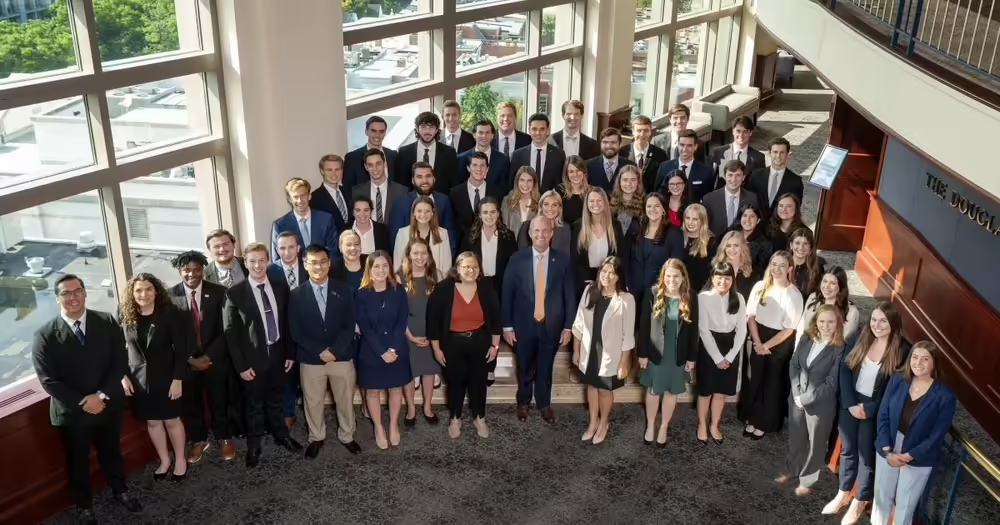Francis Salvador, who emigrated from England to South Carolina in 1773, was the first Jew to be elected to a South Carolina legislative assembly—in 1774 and 1775, his neighbors voted him into South Carolina’s First and Second Provincial Congresses, with happy disregard for the statutes that gave Jews no right to vote or hold office. On January 11, 1775, in one of many milestones of the American Revolution, he became the first Jew to be elected to office in America. He championed independence while in the Provincial Congress and served as chairman of the Ways and Means Committee in the second of these congresses. Salvador also fought and died for the Patriot cause—the first Jew to die in military service to America. Early in August 1776, he was with a band of South Carolina militia ambushed by South Carolina Tories and their Cherokee allies; Salvador was shot, scalped, and died of his wounds. The Charleston memorial to Salvador reads:
Born an aristocrat, he became a democrat;
An Englishman, he cast his lot with the Americans;
True to his ancient faith, he gave his life;
For new hopes of human liberty and understanding.
The American Revolution was a very English revolution—but not only an English one. We owe our liberty not only to the George Washingtons and John Adamses and Thomas Paines but also to the Baron von Steubens and Casimir Pułaskis and Michael Kovátses, the Bernardo de Gálvezes and Marquis de Lafayettes, the Han Yerrys and Peter Salems, the Charles McDowells and Stephen Moylans and Francis Salvadors. America’s ideals of liberties were both English and the world’s; so too were its fighting men.
[RELATED: The Shot Not Heard Round the World]
Salvador also was of that caste that too many Americans have come to hate with unthinking prejudice—the South Carolinian slaveowner. Perhaps the last edifice of American popular culture to portray that race as part of the American nation, and not simply damnatio memoriae, is 1776, in its song Molasses to Rum. Even that song does not hint of the many, many South Carolinians who died for American liberty. In South Carolina the Revolution was more of a civil war, and it has been estimated that “of the total number of American casualties for the entire war, eighteen percent of those killed and thirty-one percent of those wounded fell in South Carolina during the last two years of fighting.” Salvador’s death was a down-payment on the blood tithe that South Carolina men paid for America’s liberty.
Many South Carolinians supported the Loyalists. So too did many American Jews—although none apparently fought for Great Britain with as much distinction as Francis Salvador fought for America. Britain and Canada can boast of American Jews who kept their faith to king and country, as America can boast of those who fought for the new republic. American Jews, as all Americans, split sadly between the old loyalty and the new.
E pluribus unum we Americans have been in the cause of liberty, from our founding, and e pluribus unum we remain. Consider some of the names of the incoming cabinet of the Trump administration: Rubio and Burgum and Zeldin, Turner and Hegseth and Lutnick, Stefanik and Kratsios and Ramaswamy. They echo Steuben and Pułaski and Salvador—the names of all the peoples of the earth, dedicated to American freedom.
Art by Beck & Stone
This article was originally published at www.mindingthecampus.org



















